Improving Musicality: Tips To Improve Your Performance

This post may contain affiliate links that allow us to earn a small commission at no additional cost to you.
As a dancer, you may have often been told that musicality is key to a great performance. But what exactly is musicality, and how can you improve it? In simple terms, musicality is the ability to move in sync with the beat and rhythm of the music, creating a visual representation of the music through dance. Check out these tips on improving your musicality and taking your dancing to the next level.
Listen to the Music
The first step in developing musicality is to actively listen to the music. You need to understand the rhythm, tempo, and melody of the piece you are dancing to. This will help you interpret the music and synchronize your movements with the beat. You can start by listening to the music without dancing to it. Pay attention to the different instruments, the tempo changes, and the music’s overall mood. Once you better understand the music, you can start practicing your moves with the music. One approach to improve is to start with baby steps, listen to individual instruments, and come up with movements that match the sounds. For example, a flute could inspire bird-like motions, while a drum could prompt marching or rhythmic movement. Another way to develop musicality is by listening to all styles of music, from swing to hip-hop to classical, and identifying what makes each style unique in terms of rhythms, instruments, and other characteristics. It’s also important to learn to pick up on syncopation, which involves hitting or accenting notes off the downbeat. If you have a musician friend, don’t hesitate to enlist their help to develop familiarity with musical detail. Remember, musicality is a skill that can be learned and developed with practice, even if it doesn’t come naturally at first.
Count the Music
Counting music is an essential tool for developing musicality. You can count the beats in the music and use them as a guide to synchronize your movements. This will help you maintain a consistent rhythm and avoid dancing off-beat. Counting the music can also help you anticipate the changes in the music, allowing you to add more variety to your movements.
Play with Dynamics
Dynamics refers to the volume, intensity, and speed of the music. You can use dynamics to add depth and expression to your dancing. For instance, you can dance slower during the quieter parts of the music and faster during the louder parts. You can also use dynamics to create contrast in your movements. Playing with dynamics will make your dancing more interesting to watch and help you express the mood of the music.
Dance to Different Genres
Dancing to different genres of music is an excellent way to develop your musicality. Each genre of music has its own rhythm, tempo, and mood, which requires different movements and expressions. By dancing to different genres of music, you will learn to adapt to different styles and rhythms, improving your overall musicality. You can try dancing to jazz, hip-hop, ballroom, or any other genre of music that you enjoy.
Practice, Practice, Practice
Finally, the key to improving your musicality is to practice consistently. You need to train your body to respond to the rhythm of the music naturally. Practice your movements with the music, experiment with different dynamics, and try dancing to different genres of music. The more you practice, the more comfortable you will feel with the music, and the better your musicality will become.
In conclusion, developing musicality is an essential skill for any dancer. By listening to the music, counting the beats, playing with dynamics, dancing to different genres, and practicing consistently, you can improve your musicality and take your dancing to the next level. Remember, dancing is not just about the moves; it’s about the expression, and musicality is the key to expressing the mood and emotions of the music through dance.
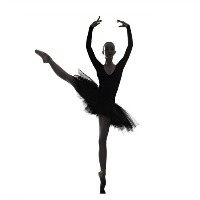
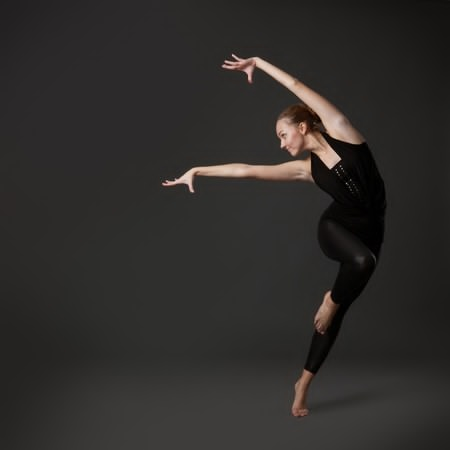
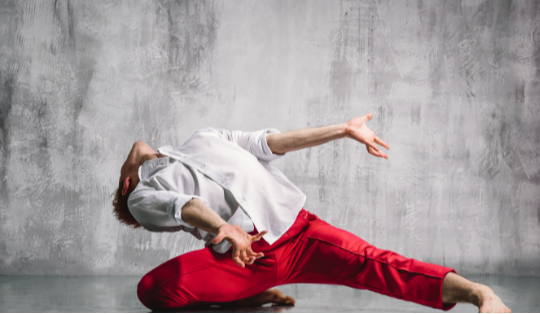
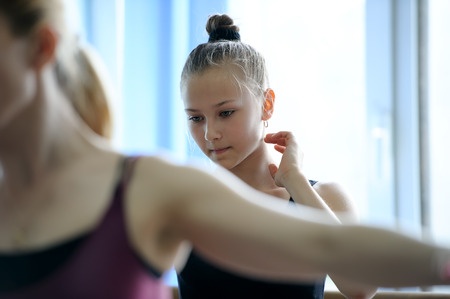
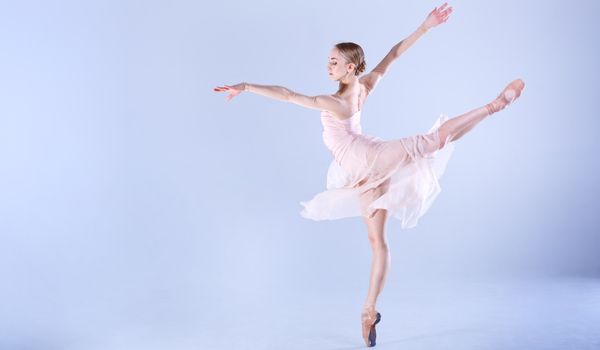
I love the advice that you give to each and every question. Exposure for sure is a great way to get started. Some are gifted in this and others are not, but that doesn’t mean they cannot work to improve!